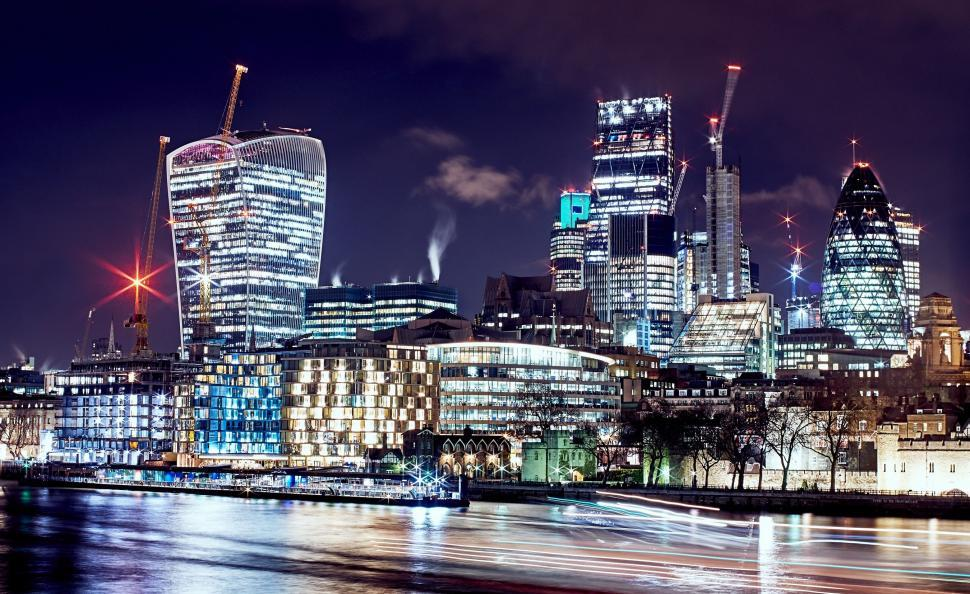Tube drivers rejecting £70,000 pay offer
- Judith Smith

- Aug 30, 2024
- 3 min read
Updated: Oct 10, 2024
London Underground drivers are gearing up for potential strike action after rejecting a pay offer that would have brought their salaries close to £70,000. The proposed 3.8% pay increase, put forward by Transport for London (TfL), was met with resistance from the National Union of Rail, Maritime and Transport Workers (RMT), which represents the majority of Tube drivers.

The offer, which was negotiated under the leadership of Mayor Sadiq Khan, would have raised the basic salary for London Underground train operators from £67,100 to £69,600 annually. Despite this, RMT's general secretary, Mick Lynch, has criticized the proposal, arguing that it falls short of what is needed to meet the demands of the union’s members. Lynch has called on union members to back industrial action, citing TfL’s "failure to table a suitable pay offer" during ongoing negotiations. The threat of a Tube strike follows a recent deal where mainline rail drivers received a double-digit pay rise from the Government. This has prompted warnings that such increases might lead to higher taxes or increased borrowing to cover the costs. James Cleverly, a former home secretary and current Tory leadership candidate, has criticized the Government, claiming that it has been "played by its union paymasters."
Potential Impact and Timing of Strike
The pay rise, if accepted, would see London Underground instructors who currently earn just under £70,000 benefit alongside the 3,300 Tube drivers. However, almost all drivers supplement their income with paid overtime, with one driver reportedly earning more than £100,000 last year. Lynch's message to RMT members, shared with The Telegraph, indicated that the union is preparing to hold a strike ballot, with results expected by October 1. Should the ballot succeed, the union would have two weeks to announce strike dates, potentially targeting the October half-term and Halloween period. The RMT union, which disaffiliated from the Labour Party in 2004, would have up to six months from the date of the ballot to organize industrial action.
Broader Union Negotiations and Response
The Tube drivers’ situation is just one of several ongoing pay disputes in the railway sector. On the same day, the Aslef train drivers’ union announced the suspension of its three-month campaign of weekend strikes after reaching an agreement with LNER management. The dispute with LNER centered on safety concerns, with the union arguing that managers driving trains instead of its members posed significant risks. Aslef’s general secretary, Mick Whelan, highlighted the successful resolution of the dispute as a testament to the power of negotiation. "We continue to operate in good faith," Whelan said, expressing satisfaction with the outcome and the return to normal operations. Meanwhile, the RMT remains engaged in five separate pay negotiations across the railway sector, including with Network Rail, London Underground Limited, TfL, and two national rail train operating companies. An RMT spokesperson emphasized that each negotiation is distinct, warning against conflating them.
A TfL spokesperson expressed disappointment over RMT’s decision to ballot for strike action, emphasizing that ongoing discussions had been constructive. The spokesperson reiterated TfL’s commitment to reaching a fair agreement that supports both the employees and the broader London economy, urging the union to continue negotiations without resorting to strikes. In a related development, LNER announced that the planned strikes, set to begin on August 31, had been called off following "constructive talks" with Aslef. LNER expressed relief at the resolution and advised passengers to check for updated travel information as services return to normal.
As the situation develops, the threat of industrial action by Tube drivers looms large, with the potential to disrupt travel for millions of Londoners. The outcome of the upcoming strike ballot will be closely watched as both sides continue to negotiate in hopes of avoiding a full-blown transit crisis.


